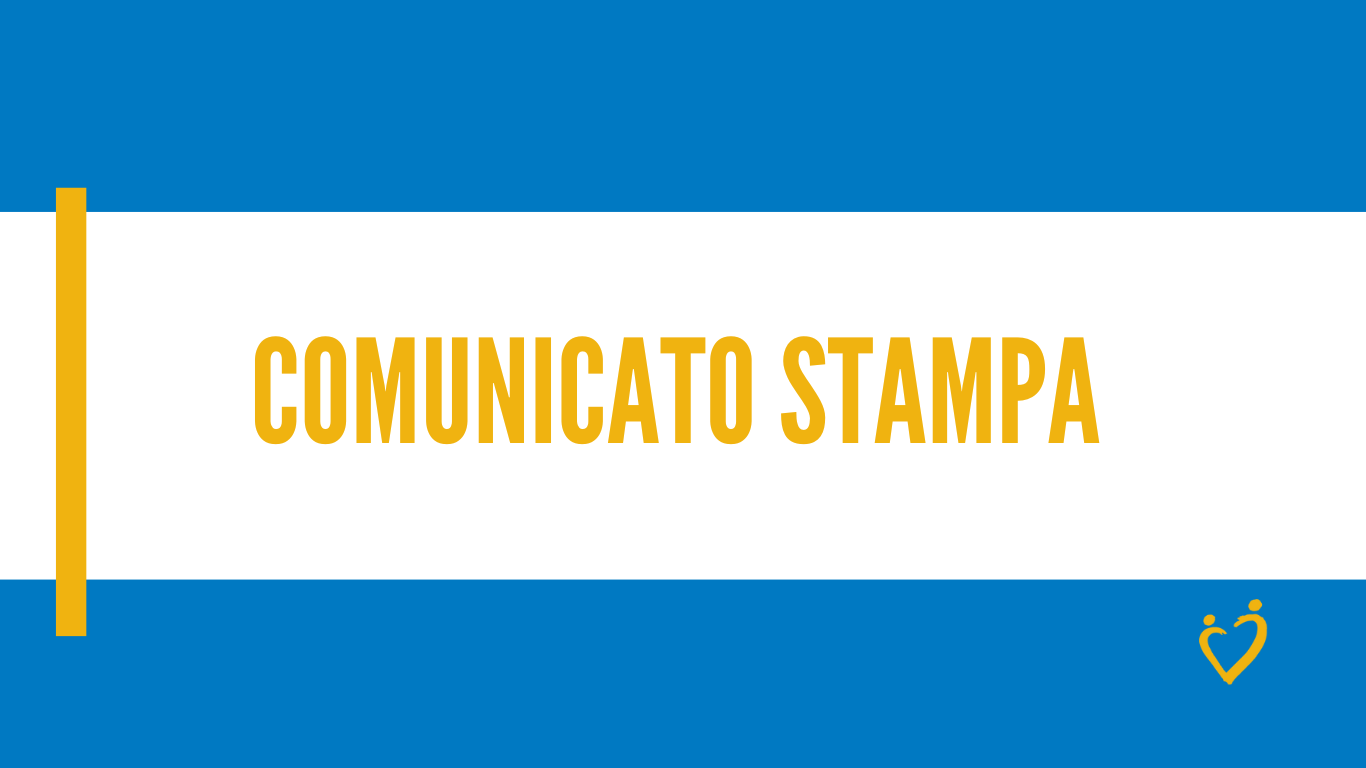♦ 12 marzo 2025 – “Orme – il corpo in movimento”: il laboratorio-teatro diventa spettacolo
/*! elementor - v3.21.0 - 26-05-2024 */.elementor-widget-image{text-align:center}.elementor-widget-image a{display:inline-block}.elementor-widget-image a img[src$=".svg"]{width:48px}.elementor-widget-image img{vertical-align:middle;display:inline-block} /*! elementor - v3.21.0 - 26-05-2024 */.elementor-heading-title{padding:0;margin:0;line-height:1}.elementor-widget-heading .elementor-heading-title[class*=elementor-size-]>a{color:inherit;font-size:inherit;line-height:inherit}.elementor-widget-heading .elementor-heading-title.elementor-size-small{font-size:15px}.elementor-widget-heading .elementor-heading-title.elementor-size-medium{font-size:19px}.elementor-widget-heading .elementor-heading-title.elementor-size-large{font-size:29px}.elementor-widget-heading .elementor-heading-title.elementor-size-xl{font-size:39px}.elementor-widget-heading .elementor-heading-title.elementor-size-xxl{font-size:59px} “Orme - il corpo in movimento”: il laboratorio-teatro diventa spettacolo Con la Fondazione Giovanni Paolo II spettacolo dei ragazzi rifugiati di Villa Pettini e del territorio per gli anziani ospiti della Rsa Masaccio di San Giovanni Generazioni e culture si sono unite in un pomeriggio speciale alla Rsa Masaccio di San Giovanni Valdarno, accompagnato da tanti sorrisi e applausi: protagonisti sono stati i ragazzi del laboratorio di teatro-terapia che si svolge a Villa Pettini (con sede a Montevarchi) grazie al supporto della Fondazione Giovanni Paolo II. I bambini che vivono nella struttura che accoglie famiglie di richiedenti asilo, insieme a ragazzi del territorio stanno partecipando al progetto "Orme - il corpo in movimento": è un laboratorio teatrale curato dall’associazione culturale “Masaccio” che, spiega la presidente dell’associazione Barbara Massini –“come una lente, ingrandisce...







